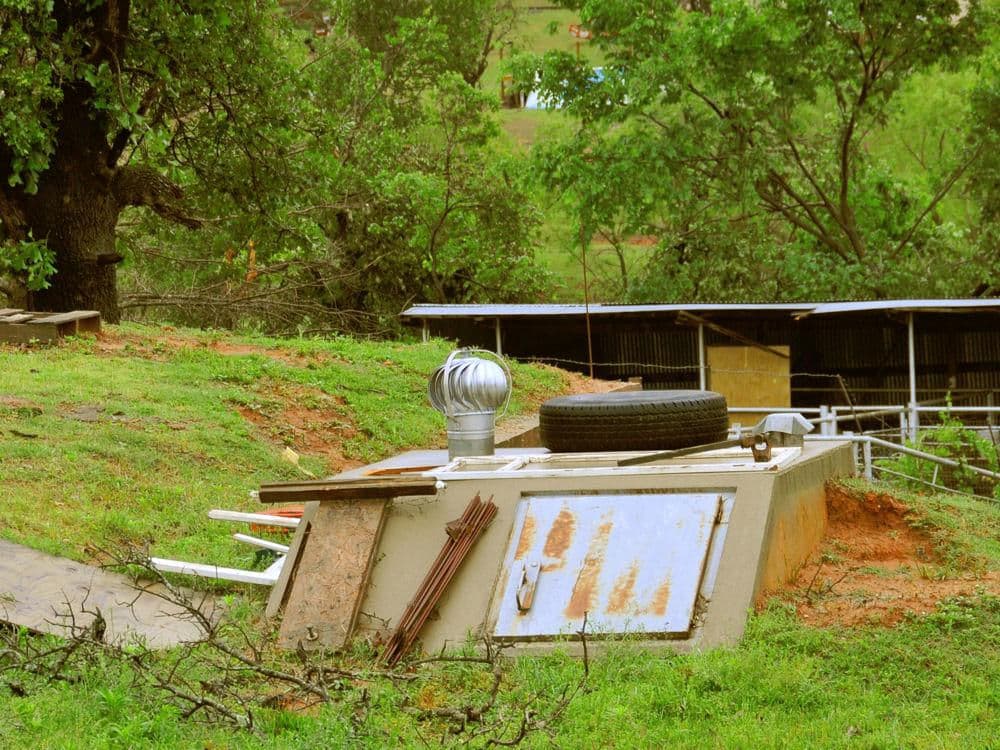Many climate activists claim that the Precautionary Principle requires that humanity cease using fossil fuels to avoid the potential of catastrophic anthropogenic climate change. That is a relatively absolutist interpretation of the Precautionary Principle, particularly based on the uncertainties surrounding the purported adverse effects of increased atmospheric CO2 concentrations.
Society, in general, applies the Precautionary Principle quite differently. Humanity does not cease flying, or taking trains, or driving vehicles, or walking because of the potential of injury or death in an accident. Planes, trains and vehicles are inspected to minimize the likelihood of failure leading to an accident. People are careful how and where they walk to minimize the possibility of an accident.
People do not decide not to build homes or apartments near the ocean, because storms might damage their property. Rather, they design and build their homes to minimize the potential of damage from wind or storm surge. Insurers, likewise, do not refuse to insure these dwellings because of the potentially higher risk, but rather charge higher rates to insure these properties because of the higher risk.
People do not refuse to live in areas where tornadoes are a possibility, but they do install tornado shelters to protect themselves from possible harm. Likewise, people do not refuse to live in areas subject to earthquakes, but they do design and build their homes to minimize potential damage. Insurers, again, do not refuse to insure buildings in such areas, but do charge higher rates to insure these properties because of the higher risk.
People even participate voluntarily in risky activities, such as skydiving, bungee jumping and various other activities and sports, though they attempt to assure that the risks of their participation are minimized.
